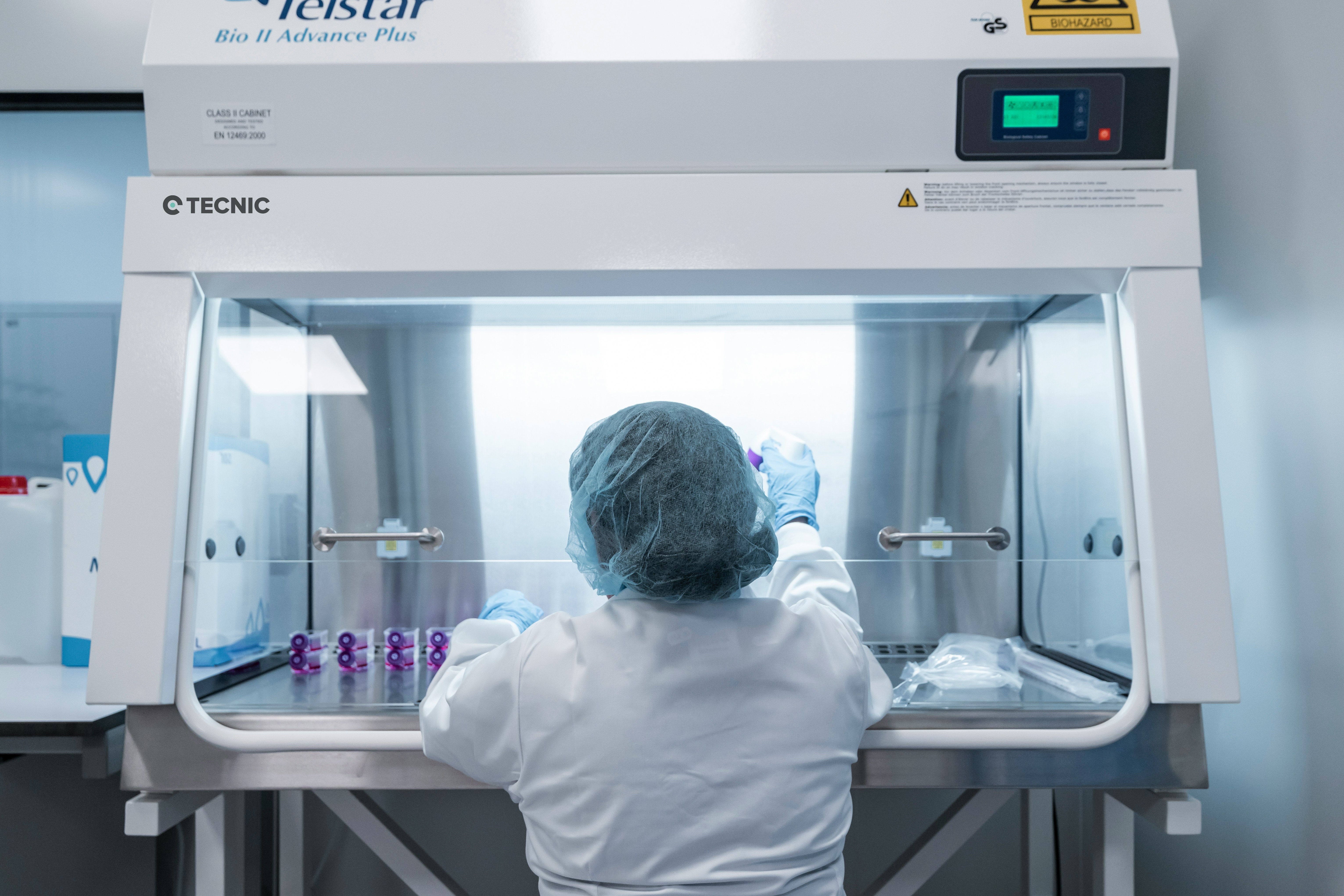How Biotech Startups Are Revolutionizing Healthcare in 2025

How Biotech Startups Are Revolutionizing Healthcare in 2025
The biotechnology sector has always been a hotbed of innovation, but 2025 marks a watershed moment as biotech startups are rapidly transforming healthcare delivery, drug development, and disease management. Armed with cutting-edge tools like CRISPR gene editing, AI-driven drug discovery, and personalized medicine, these nimble startups are challenging traditional pharmaceutical giants and reshaping patient care.
Drivers of the Biotech Startup Boom
- Advances in Genomics : The dramatic reduction in genome sequencing costs has enabled startups to create tailored therapies.
- Artificial Intelligence : Machine learning accelerates drug discovery and clinical trial optimization.
- Investment Growth : Venture capital flowing into biotech has reached record levels.
- Regulatory Innovation : Agencies are adapting to faster approval pathways for breakthrough therapies.
Key Areas of Innovation
1. Gene Editing and Gene Therapy
Startups like CRISPR Therapeutics and Beam Therapeutics use precise gene editing to treat genetic disorders such as sickle cell anemia and muscular dystrophy. The ability to directly modify DNA opens the door for cures rather than symptomatic treatments.
2. Personalized Medicine
By analyzing a patient’s genetic makeup, companies develop customized drugs and treatment regimens. This reduces side effects and improves efficacy.
3. AI-Driven Drug Discovery
Biotech startups employ AI platforms to analyze vast datasets, predict molecular interactions, and identify promising drug candidates faster than traditional methods.
4. Synthetic Biology
Engineering microbes to produce pharmaceuticals, biofuels, and even food alternatives is a growing frontier. Startups like Ginkgo Bioworks lead in this space.
5. Digital Health and Wearables
Integrating biotech with digital devices enables continuous monitoring and data collection, facilitating proactive health management.
Impact on Healthcare Systems
- Faster Development : Breakthrough therapies are reaching patients quicker.
- Cost Reduction : Personalized therapies reduce ineffective treatments and hospital stays.
- Patient Empowerment : Individuals have more data and tools to manage their health.
Challenges and Considerations
- Regulatory Hurdles : Ensuring safety without slowing innovation remains a balancing act.
- Ethical Issues : Gene editing raises concerns about “designer babies” and equity.
- Access and Affordability : Cutting-edge therapies often come with high price tags.
- Data Privacy : Handling sensitive genetic data requires robust protections.
Future Outlook
Biotech startups are poised to continue their disruptive impact, supported by cross-disciplinary collaboration, increased funding, and evolving technology. Integration of AI, robotics, and genomics will usher in an era of highly precise, patient-centric medicine.
Conclusion
The biotech startup ecosystem is not just reshaping healthcare — it is revolutionizing it. By transforming how diseases are understood and treated, these innovators hold the promise of longer, healthier lives for millions worldwide.




